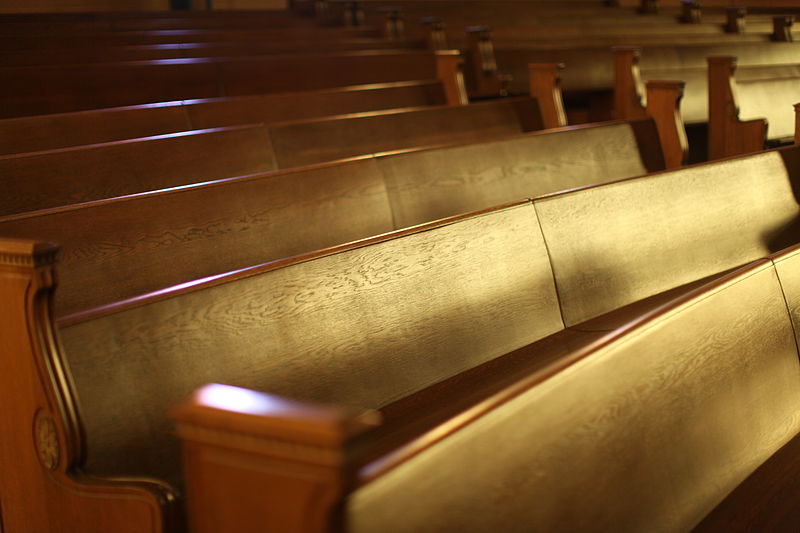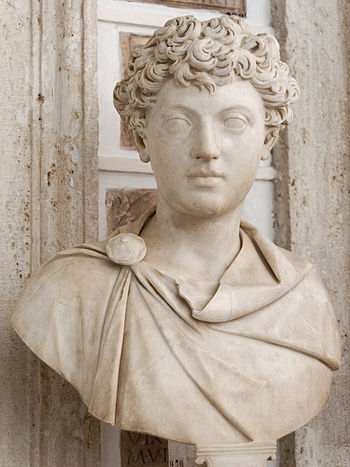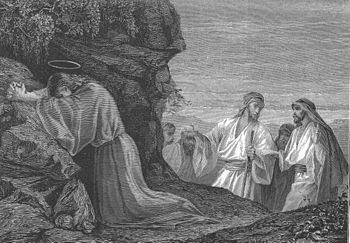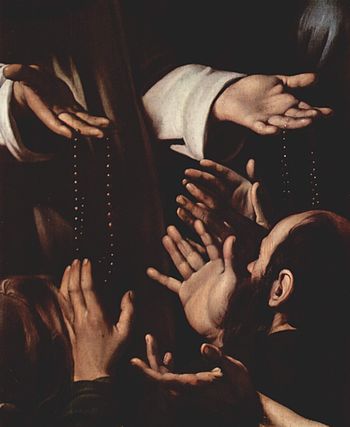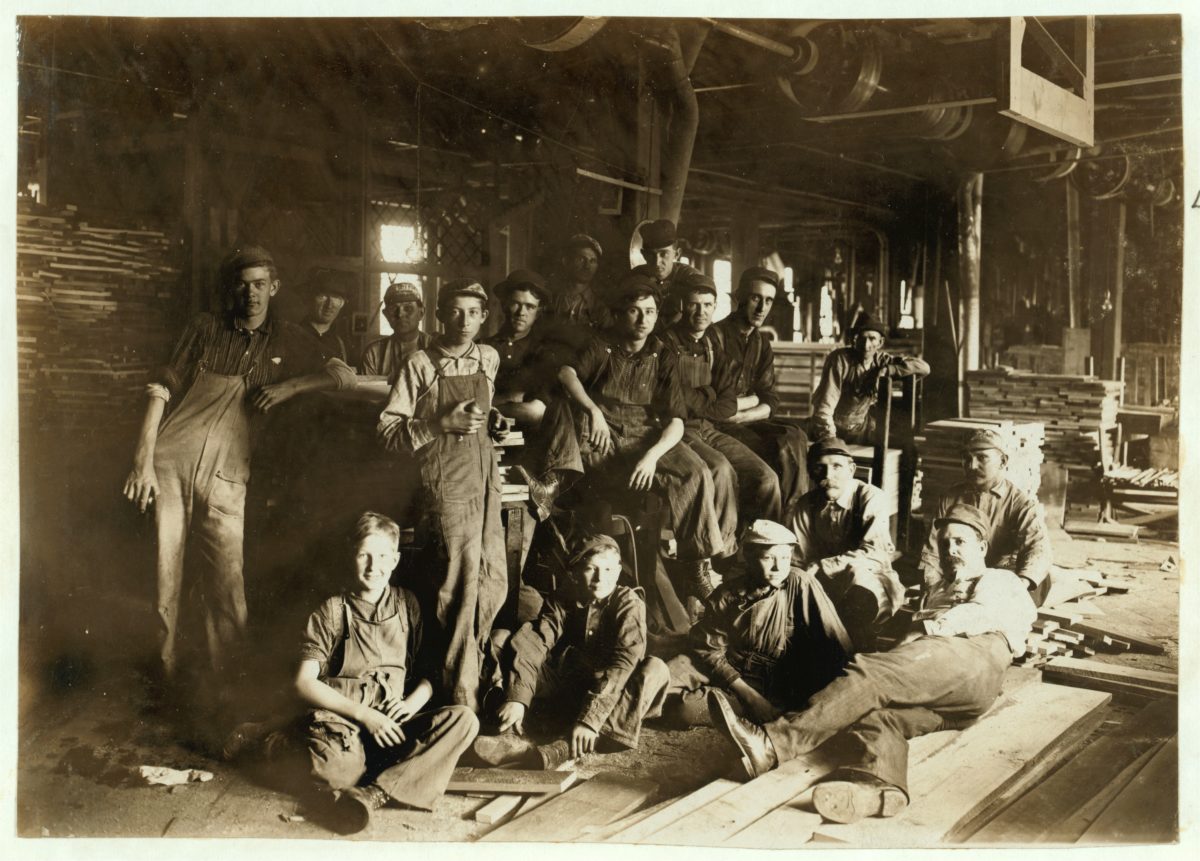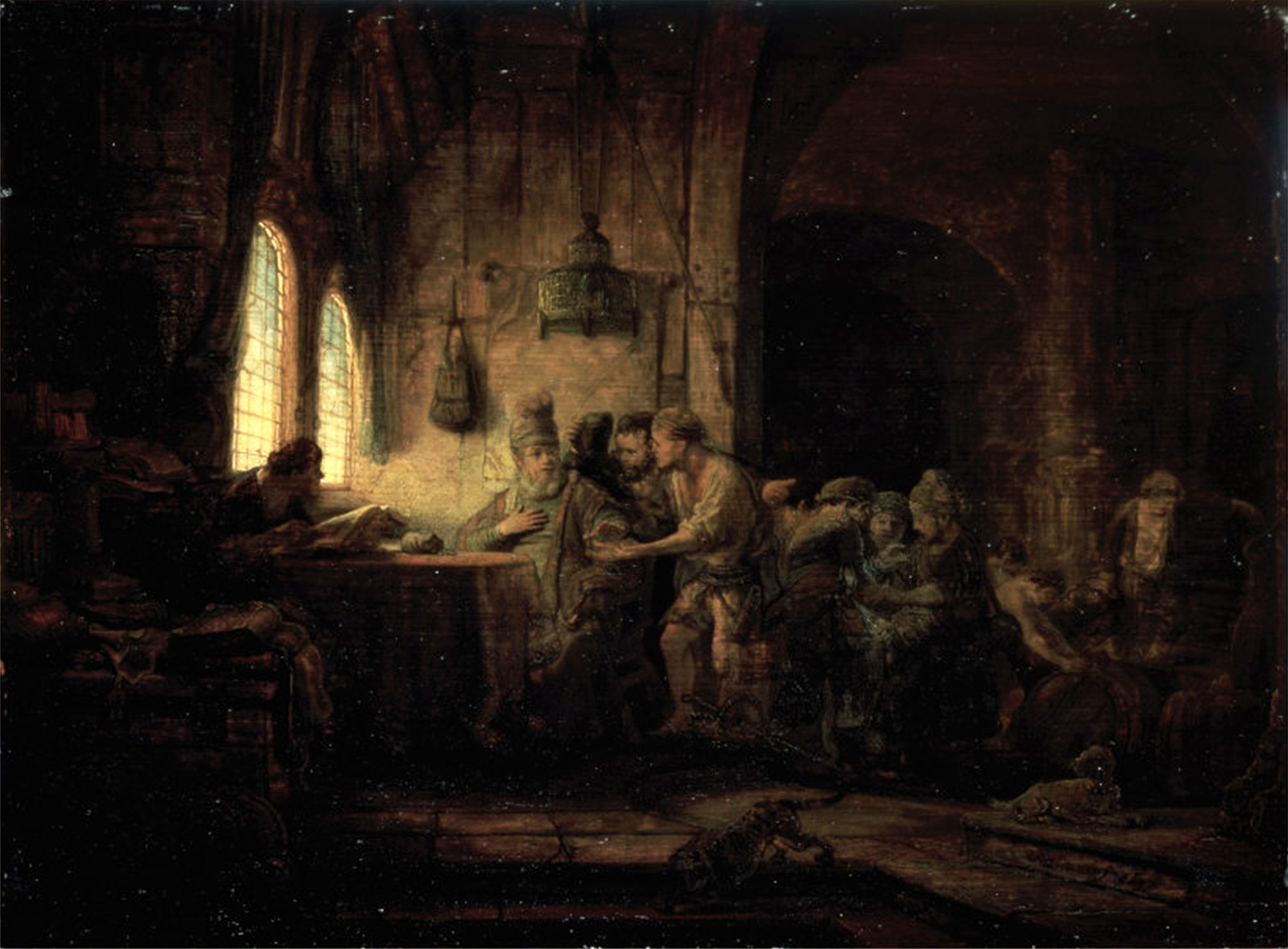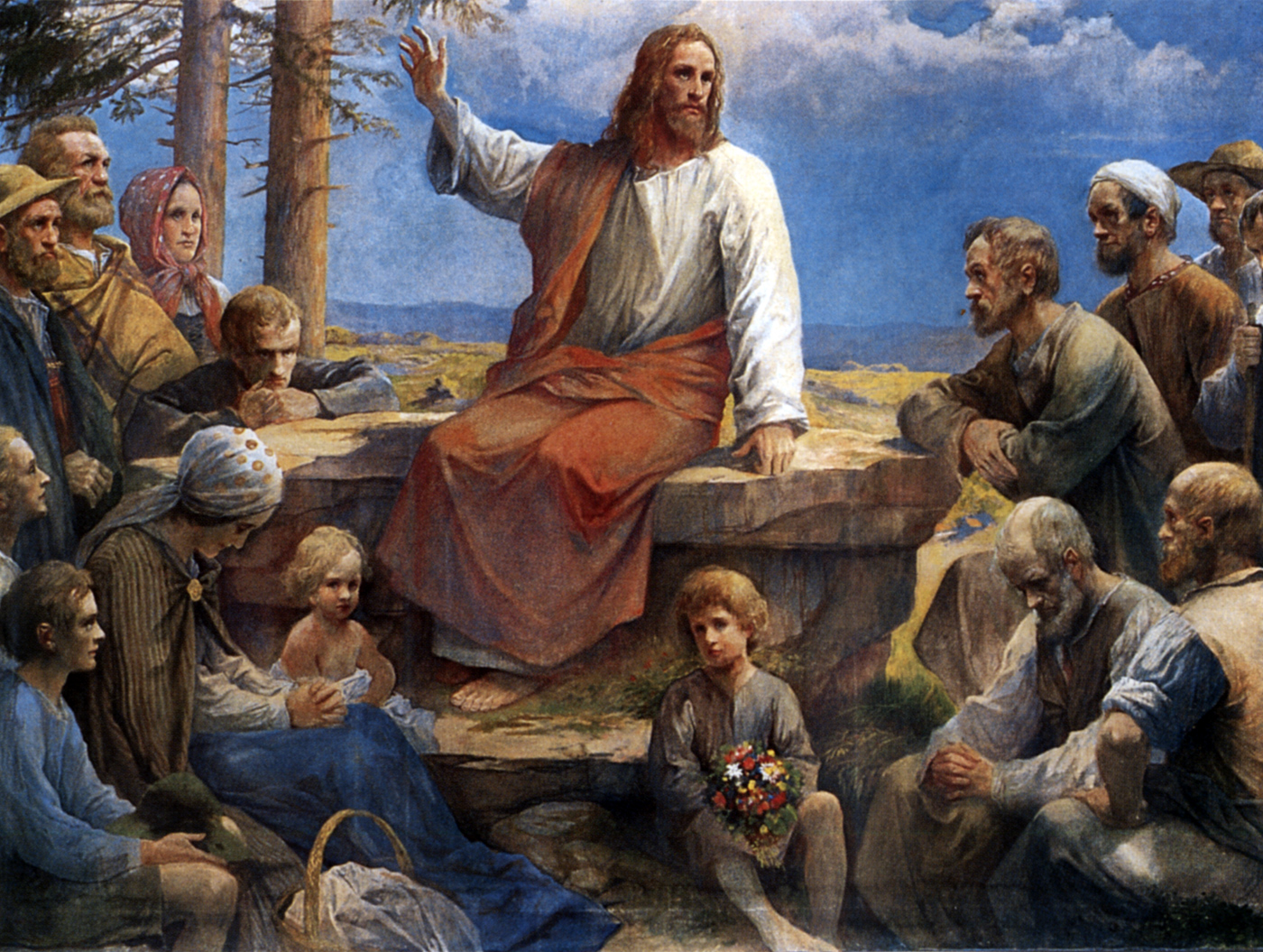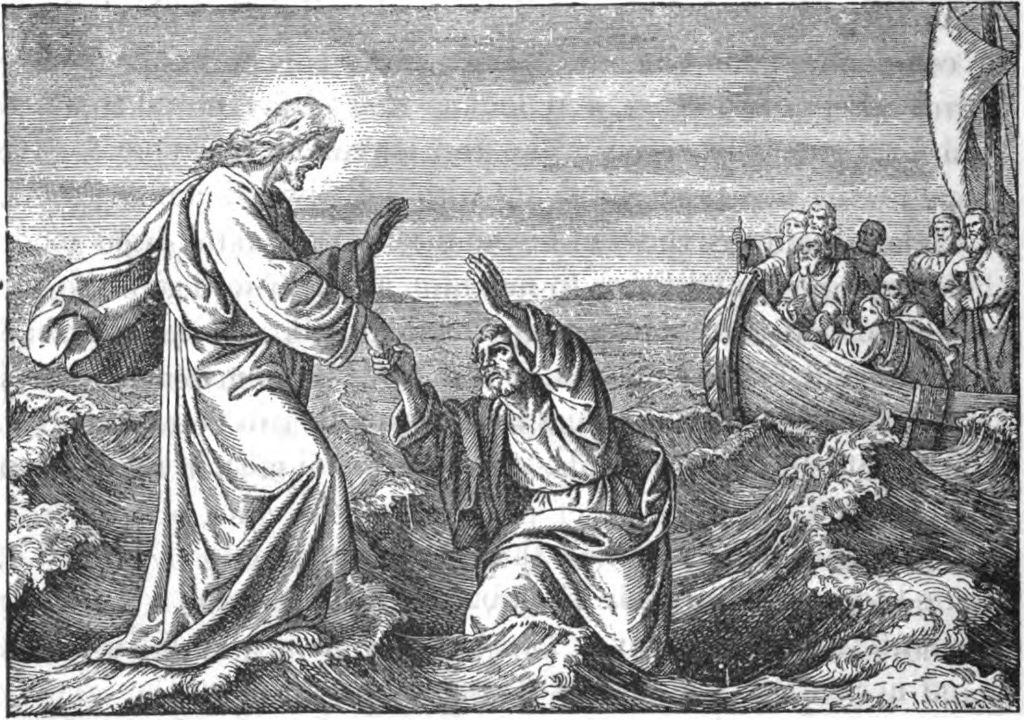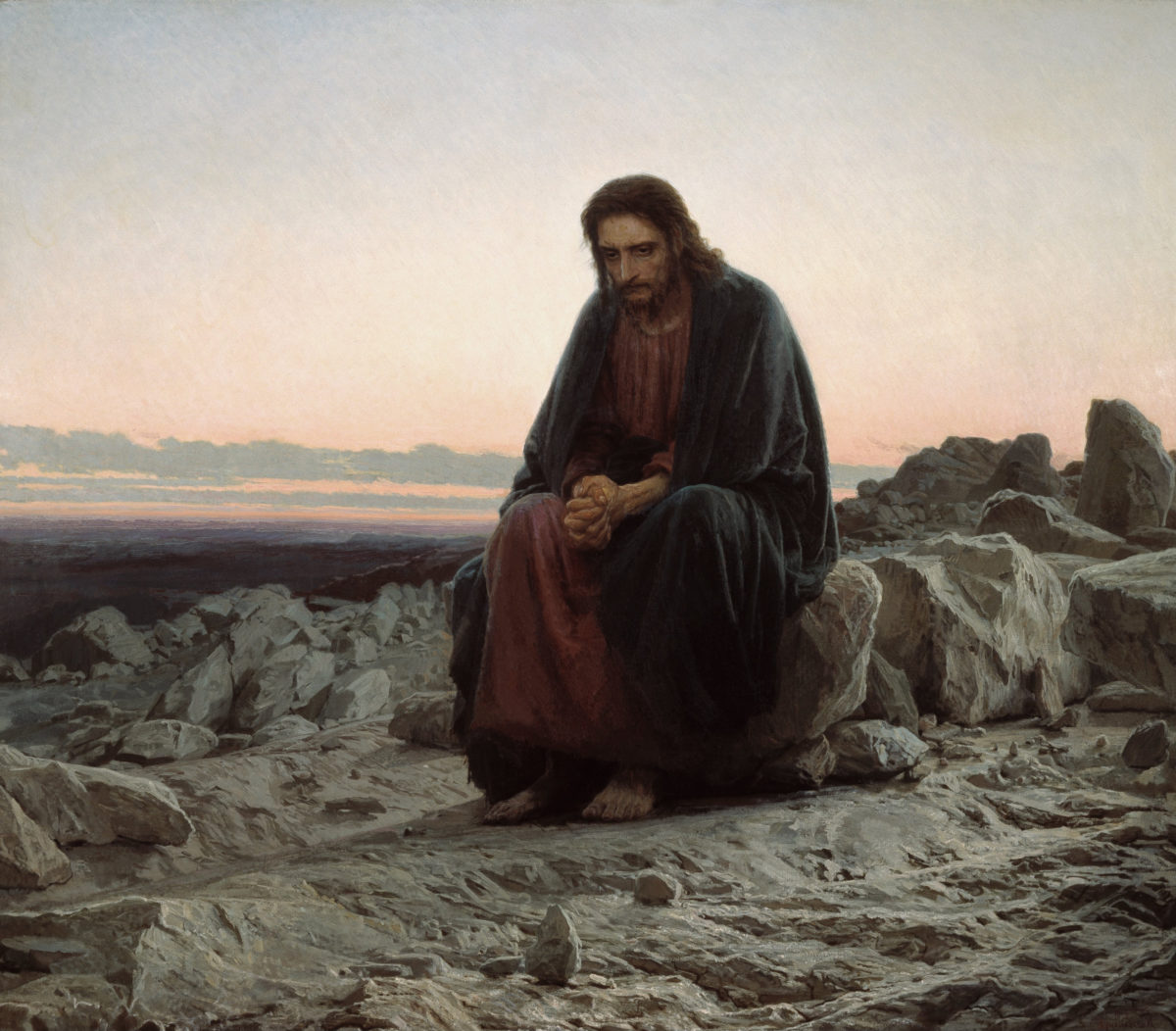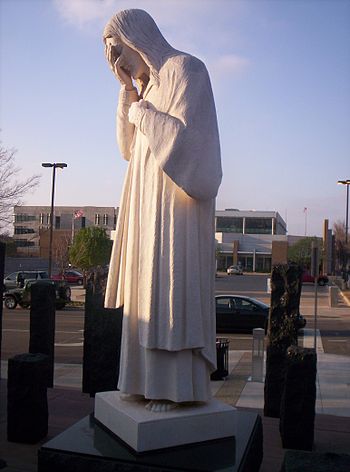When Jesus ascended into Heaven, the apostles must have felt incredibly scared. This wasn’t the fear they felt when Jesus was arrested and crucified. That fear had passed since experiencing the truth and glory of His resurrection. But they must have been scared knowing that the Church was now in their hands. The apostles were no longer followers, but leaders. They were commissioned to go out and spread Jesus’ teachings to the whole world. But there was a hitch — they weren’t Jesus! They were fishermen, tradesmen, and even a tax collector. They only had two years of on-the-job training with Jesus and they were confused most of the time. How were they going to lead God’s Church as effectively as Jesus?
That’s where the decent of the Holy Spirit on Pentecost comes into play. On Pentecost, we see God’s plan coming together for the post Jesus-as-human world. The apostles weren’t left to their own devices but had the Holy Spirit to guide them. I’ve often talked about how one of the greatest gifts of the Holy Spirit is courage. I’m now realizing that part of that boost in courage must come from the reduction in anxiety. When the Holy Spirit came and the apostles were able to speak in any language, that must have been a great confidence builder for them. At Pentecost, the apostles must have realized that it was possible for them to go out and do the seemingly impossible — spread Jesus’ teachings.
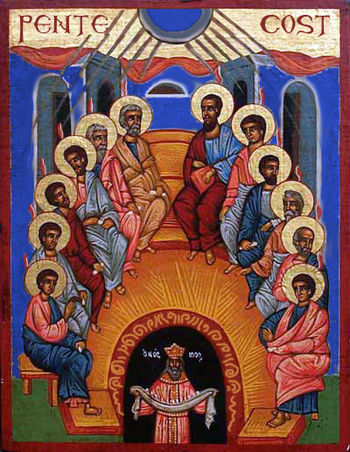
What about us? Are we any different from the apostles? They were common people who were able to do uncommon things because they allowed the Holy Spirit to guide them. They weren’t Pharisees, scribes, or other learned people. We, the laity, aren’t priests. But Jesus does not want us to be passive consumers of the Catholic faith and leave the heavy lifting to the priests and nuns. We are called to the same service as the apostles and we have the exact same strength and courage through the Holy Spirit as they had. In other words, we are just as capable of leading God’s Church as the original apostles.
We have to remember that compared to the power of God, all humans are roughly the same. Comparing the greatest saint to the lowest sinner and then comparing them to God is like asking what grain of sand is mightier compared to a mountain. The original apostles did great things, but not because they were superhuman. They would have failed if they were left solely to their own abilities. The apostles succeeded because they had the help of the Holy Spirit. They contributed all their power and ability, and God provided them with the rest (which was probably 99.9% of the overall power needed to spread His Word).
 Pope Francis’ May intention is all the more relevant in the light of Pentecost. He asks that the lay faithful may fulfill their specific mission, by responding with creativity to the challenges that face the world today. The pope echoes what Jesus asked of His apostles in the Ascension — do not be passive consumers of the faith. Do not hoard your faith by not sharing it with others. We each have a mission which requires active participation. Be champions of the faith. Embrace it. Listen to the Holy Spirit, and don’t be afraid to follow Him.
Pope Francis’ May intention is all the more relevant in the light of Pentecost. He asks that the lay faithful may fulfill their specific mission, by responding with creativity to the challenges that face the world today. The pope echoes what Jesus asked of His apostles in the Ascension — do not be passive consumers of the faith. Do not hoard your faith by not sharing it with others. We each have a mission which requires active participation. Be champions of the faith. Embrace it. Listen to the Holy Spirit, and don’t be afraid to follow Him.
Related articles








